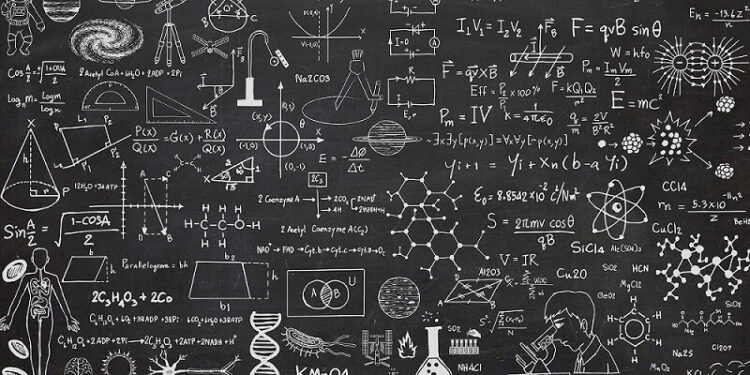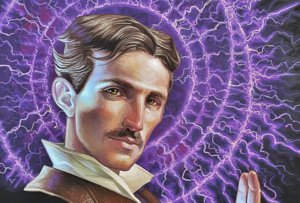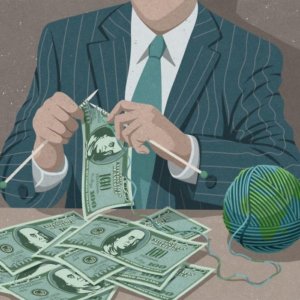Falling in love is a state of emotion in which happiness and excitement are felt at the highest level. We idealize the other person and ignore their flaws. Our minds are constantly preoccupied with the person we are in love with. Even when he does something we don’t like, we don’t see his mistake. Love, which is a kind of delusion, takes us away from the real world and into the land of dreams. The bodily effects of this exuberant state, which the ancients call black love, are also abundant.
What Are The Indicators That We Are In Love?
The fact that we think of this person as soon as we wake up and think of them constantly throughout the day are just two of the signs. As soon as we see him, our knees buckle, we can’t gather our words. Our heart beats like it’s out of place. The moment he leaves us, we begin to miss and feel his absence. We want him to like us by paying more attention to our external appearance. Our level of sacrifice increases, we rush to the needs of the person we love. We admire even the most minor details. We cannot imagine a life without him.
What Does Science Think About Falling in Love?
Published in 2017, Dr. Helen Fisher’s research explains the relationship between increased dopamine levels and falling in love. Ventral Tegmental Area, which is related to focus and desire in our brain, is responsible for the hormonal of love. Dr. Robert Sternberg’s triangle theory states that passion, loyalty, and closeness make up great love. In falling in love, three chemicals in the brain come into play. Dopamine, noradrenaline, phenylethylamine. Dr. Helen Fisher divides falling in love into three distinct stages.
1) The period in which the sexual impulse is felt.
2) A state of euphoria resulting from dopamine, adrenaline, and noradrenaline release.
3) The bond established with the beginning of the secretion of oxytocin becomes stronger.
Oxytocin is also known as the hugging hormone. When we touch our loved ones, our sense of intimacy increases thanks to this hormone. Our brain chemistry plays a huge role in the sweating of our hands, the beating of our hearts, and the reddening of our cheeks when we see the person we fall in love with. It is known that oxytocin plays a more active role, especially in women.
Why Do We Suffer Love?
Falling in love is a motivator in itself. It is a period when our energy increases, and we feel joyful to our bones. Why are we unhappy when we lose love, whether it’s platonic or mutual?
Dopamine allows us to enjoy nutrition, exciting events, and relationships. This hormone, our reward point, is also associated with addiction. There is no doubt that love is also a kind of addiction. After a relationship ends, dopamine drops, becoming a source of suffering. The loss of the love object, which makes you feel more active and energetic, causes a tragic reaction. People may become depressed, and their functionality may decrease.
With an excess of dopamine, emotional attachment can become unhealthy. In a study by a scientist at Harvard University, the effect of dopamine and oxytocin on love was discussed. The effect of healthy oxytocin and dopamine levels on our more rational response to the loss of love has been mentioned.
Is Love a Kind of Madness?
In fact, we can call it insanity because it changes our reality. We see that the person in love performs actions that are completely opposite to his character. Let’s take the fact that someone who doesn’t normally like to travel has to travel miles. Love, which contains intense obsession, detaches the person from reality. He can derive meaning from every other party’s action and foster extraordinary hope. He may believe that he is loved, even if it is a platonic love. Even if the other party does not feel anything, they may have a strong belief that they will meet.
Is Love Temporary?
According to American psychologist M. Scott Peck, true love and romance are pretty different. The psychologist says that love is only an impulsive and temporary attraction. He adds that no matter who the person we are in love with will end this feeling sooner or later, and your love can continue. Peck, who finds love to be more reliable, is not wrong. Apart from the scientific point of view, we can also see this in our experience. Well, expecting love to last forever is nothing more than a utopian hope. When love ends, we begin to see all the negative aspects of the person we overestimate. Because the delusion is over, it has left its place to reality. The magical enthusiasm we have experienced can be replaced by the regret of wasted time.
Although it may seem pessimistic, falling in love is just a form of idealization.



















